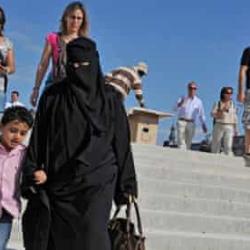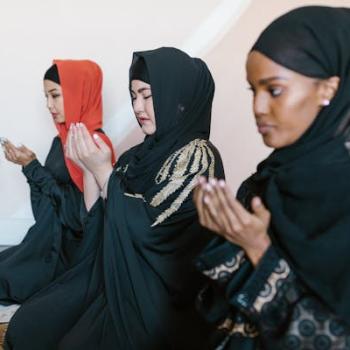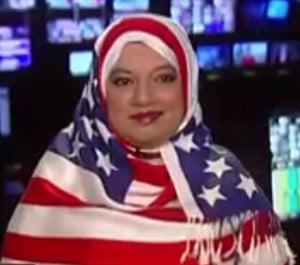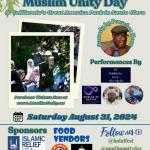As a person who interacts with a Western Muslim community that places great importance in women’s clothing and female modesty, I am rarely surprised by the focus on hijab as the sign of piety. Similarly, I have unfortunately gotten used to the obsession in some Western media with hijabs and black robes as symbols of oppression. Hijab is everywhere. It is in my mosque, in my community, and in the media. However reading the multitude of recent media stories on hijab over the past few weeks, I was struck yet again both by just how problematic “hijab stories” are.
While I personally believe that the idea of the hijab as the “icon of Islam” has been vastly overdone both in some segments of the media and by some Muslim communities, and I consider that hijab is a matter of personal choice, I understand the religious and political connotations that it has around the world. Nonetheless, the kind of attention that hijab sometimes receives disturbs me.
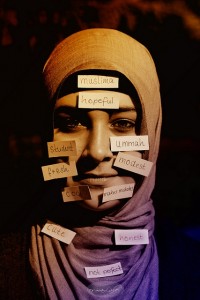
There has been a lot of attention paid to Muslim women’s clothing in recent days. Ranging from Turkish Muslim women’s fashion struggles to Saudi women’s participation in the upcoming Olympic Games, the hijab continues to be occupy a central position in the news when it comes to “covering” Muslim issues (no pun intended). What I find problematic is that so much of the attention in the Western and Spanish-speaking media which I read goes towards the clothing that Muslim women are and will be wearing, rather than their personal and professional merits and abilities. With titles such as How will Muslim sportswomen dress for the Olympics?, Muslim women show flair for their fashion and The Hijab is not benign the spotlight is still focused solely on hijabs, clothing and the politics of what we decide or not to wear.
Nevertheless, it cannot be said that the focus on hijab is one-sided. Many Muslim women who wear hijab describe why they choose do so in the media, or write about reconciling hijab with a Western sense of fashion or generally try to explain the hijab in particular contexts. The need to show that hijab does not prevent Muslim women from being successful, fashionable and free tends to be well-received by many segments of the media in the West, providing an easy story in a sense, which unfortunately is also often a superficial one.
Talking about hijab and clothing is obviously necessary in some contexts (i.e. when discussing government policies regarding dress codes), however, the majority of contexts where hijab has been discussed lately takes away from what many hijabi Muslim women are doing these days and transforms them into women whose headscarves are more worthy of attention than themselves.
At some point I hope this trend of talking about the hijab instead of the woman that wears it will be overcome. I want to know about the Muslim women in the Olympics rather than the hijabs and long sleeves that they are wearing or not wearing. I want to read about Muslim women’s ground-breaking fashion achievements, not about whether hijab enables or prevent them from being successful or even pious. And I would like to hear from the new Egyptian First Lady about her role within the new government instead of her hijab and “fashion” style.
At this point in time where there is so much attention around Muslim women, and when many of them are contributing so much, it is about time that we look at what these women have to say, what they do, what they achieve, instead of how they choose to dress.


